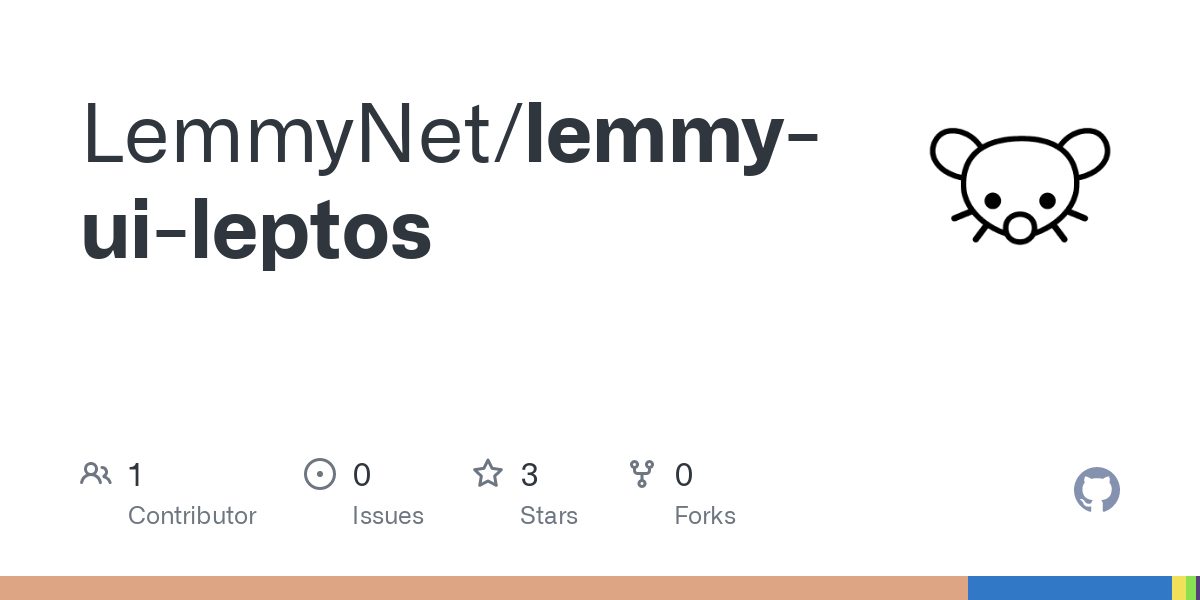- cross-posted to:
- france@lemmy.world
- cross-posted to:
- france@lemmy.world
Quoting the author
I’ve starting working on a lemmy front end called lemmy-ui-leptos using leptos, a Rust UI framework with isomorphic support, and tailwind + daisyUI for the component styling. This could eventually replace the frankenstein’s monster that lemmy-ui has become.



Inter-instance relations are ABSOLUTELY political in their own right.
For example db0 was/is working on some kind of add on to lemmy that would automatically defederate certain servers based on certain factors and a circle of trust or something (better explanation here https://dbzer0.com/blog/overseer-a-fediverse-chain-of-trust/ )
Anyway many of us admins were concerned about who controlled that system, how it could be abused, etc. it got pretty well, political, in the admin group chat.
In any situation where there’s a power dynamic- it is political. Software maintainers absolutely have some degree of power.
That’s not software being political, that’s admins using software for political goals. That same web of trust (or whatever it is) isn’t political, it only gets political when you choose who or what is in that web. It can be used to limit spam, or it can be used to silence opposing views.
A far left and a far right person could use the same software for opposite political ends. You can see precisely that with Lemmygrad vs Exploding Heads, both use the same software stack, the main difference is in the moderation. Lemmy itself isn’t really political, it’s just that the people admining the original instance have a certain agenda.
Some software is more compatible with certain ideologies than others (e.g. decentralized tools like blockchain is near useless for an autocratic regime), but even then you’d probably be surprised how your tool is being used (e.g. Tor was created by the US military, and now it’s largely use to subvert law enforcement and international espionage). It just so happens that humans are really good at molding tools to different purposes.